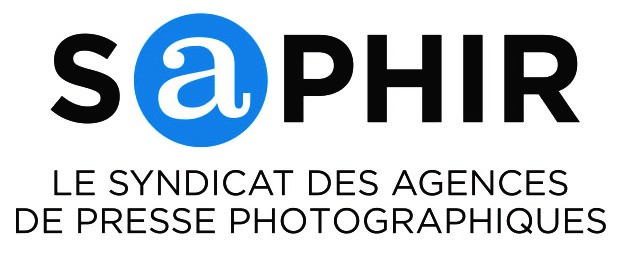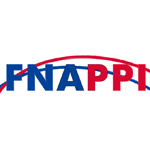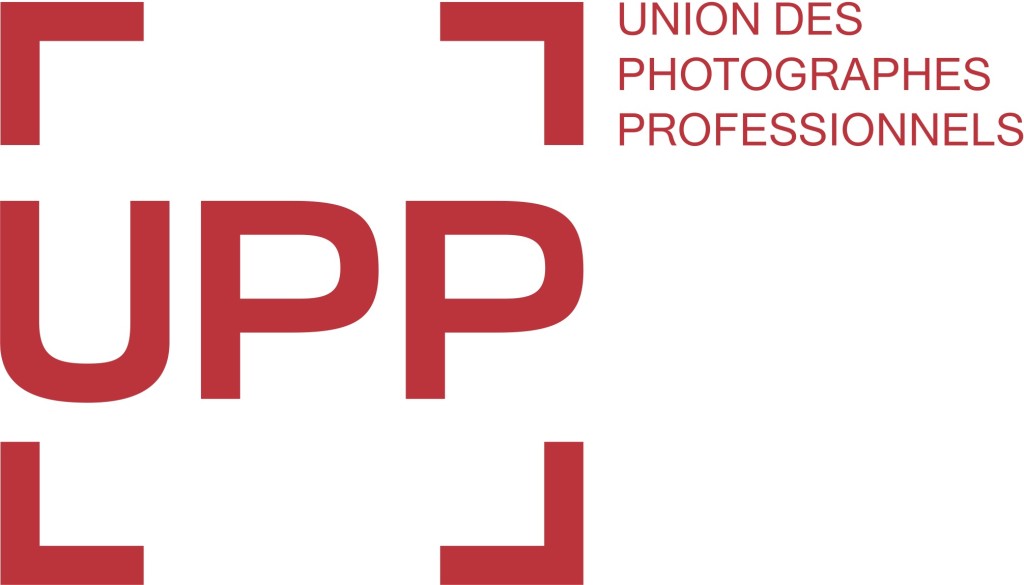By the order of 13 September 2022, the ADAGP has become the first CMO to be authorised by the French Minister of Culture to extend the application of certain licences with a bearing on use of works in its directory, particularly by content-sharing platforms, to works by artists-authors who are not members of its directory.
From now on, the latter may receive, in the same way as ADAGP members, part of the remuneration collected through applying such licences.
This mechanism was introduced by article 12 of the European directive of 17 April 2019 on copyright and related rights in the digital single market.
The ADAGP is proud to be able to introduce this system, which will guarantee more legal security for users and fair remuneration for creators.
The ADAGP will oversee the proper application of this mechanism, by informing artists about their rights and negotiating as best as possible with those using works.
For Marie-Anne Ferry-Fall, Director of the ADAGP:
“The new mechanism the collective licence represents enables achieving the perfect balance between copyright and the expectations of users that distribute works massively. It confirms, if this was needed, that collective management is the tool most suited to actual protection of artists’ intellectual property rights”.
To go further:
Article 12 of the directive of 17 April 2019 on copyright and related rights in the digital single market introduced the mechanism of extended collective licencing into European law, transposed in French law by an ordonnance in November 2021 and an order in June 2022 (L. 324-8-1 et seq. and R. 329-13 et seq. of the Intellectual Property Code).
This system, which has existed in Scandinavian countries since the 1960s and has already been proven there, allows any collective management organisation that wishes to, subject to being sufficiently representative, to extend certain licences agreed with its users for use of its members’ works, to non-member authors, for use of the same type of works. The mechanism enables uses to be covered for which individual authorisation would have been, in practice, difficult to obtain, like mass use on the Internet, thereby guaranteeing more legal security for users and better author remuneration.
The directive provides nevertheless that non-member authors wishing to take back control of their works may, at any time, inform the organisation of their opposition, thereby ensuring the balance of the system.
French law provides that to implement a mechanism such as this, collective management organisations must obtain authorisation from the Ministry of Culture beforehand, consequently enabling them to request the extension of licences with a bearing on the following uses:
- Use of works in digital form by educational establishments for illustration purposes as part of educational activities (art. L. 122-5-4 of the Intellectual Property Code);
- Use of visual art works by content-sharing platforms (art. L. 137-2-1 of the Intellectual Property Code);
- Use of visual art works as part of scientific works openly published on the Internet (art. L. 139-1 of the Intellectual Property Code).
















